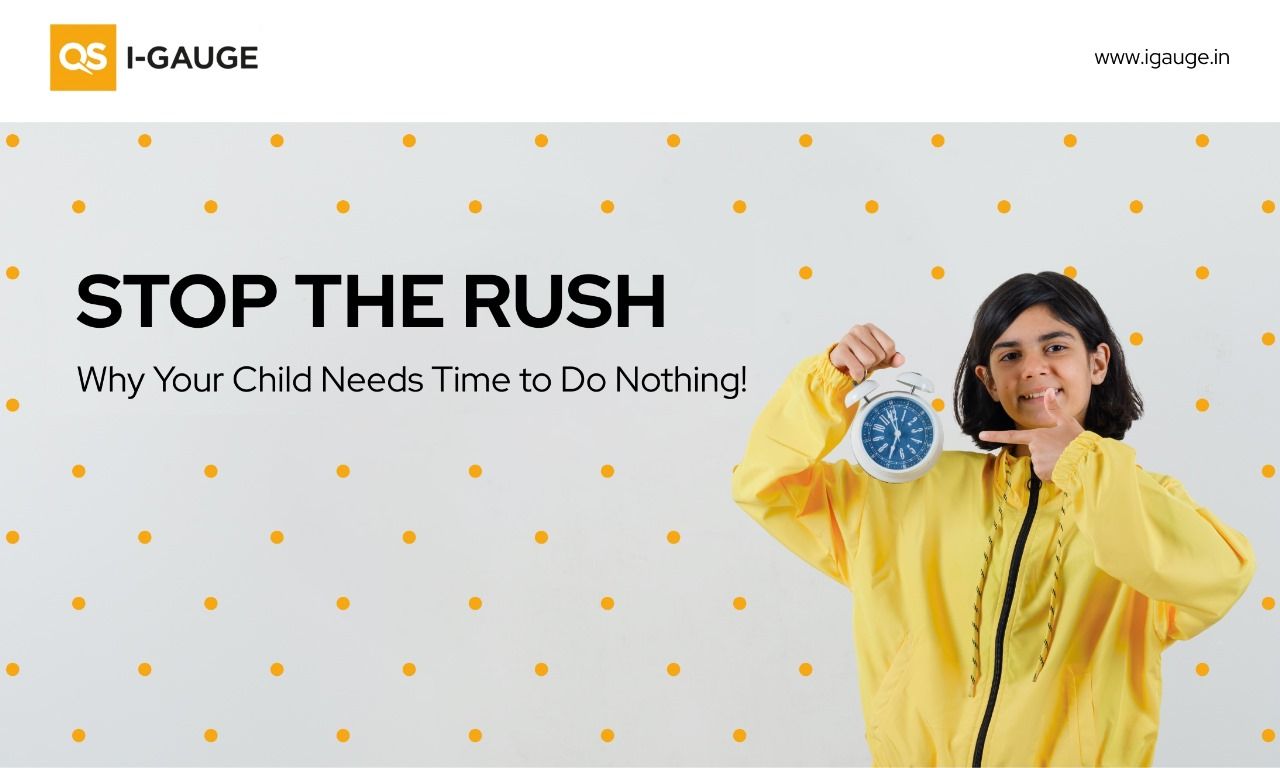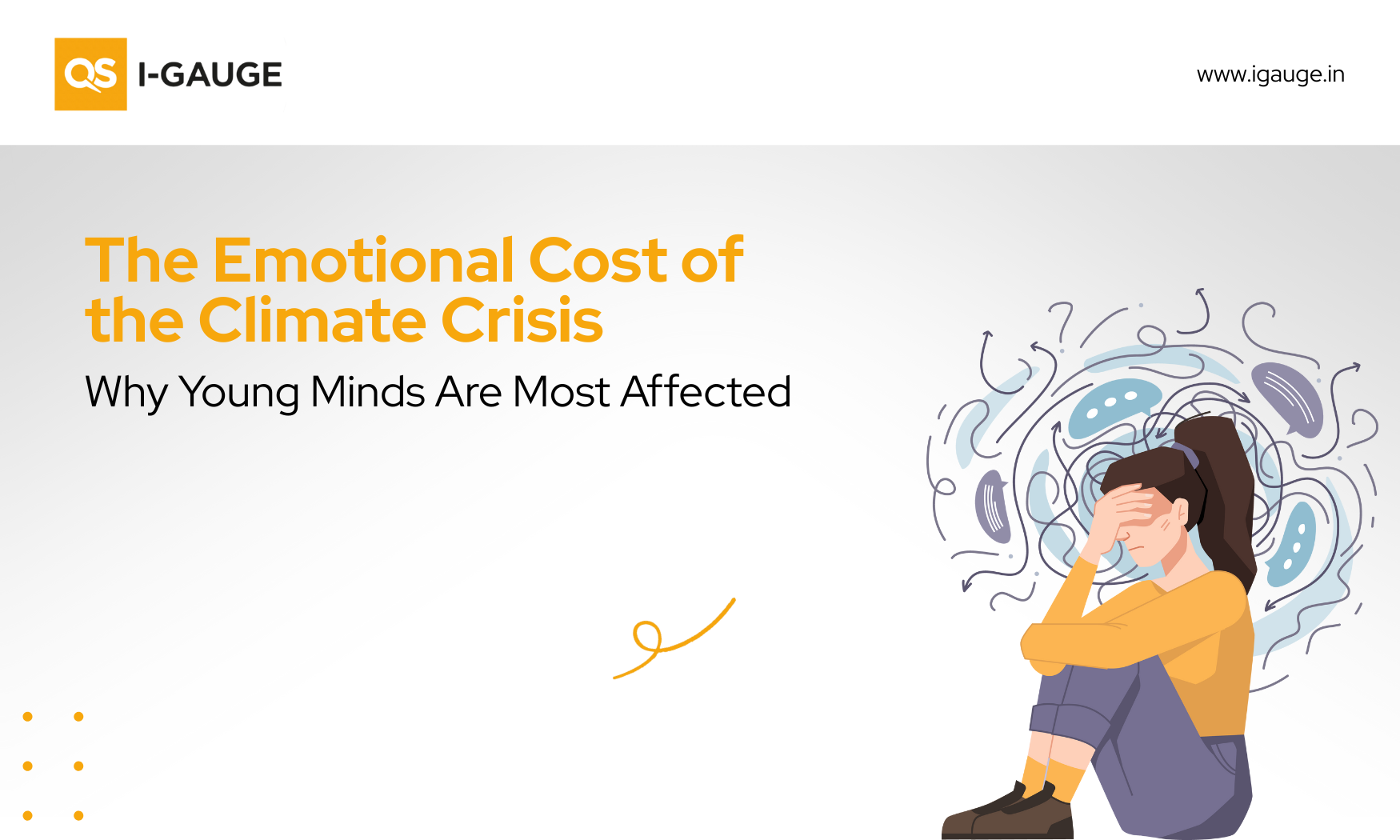
Every day, parents and educators encounter the trend of children having more active lives than before. Children transition directly from their school activities to sports practice and music lessons before spending time on screens at home. The structured activities, which aim to enrich and educate, and entertain children, unexpectedly result in their complete absence of boredom. Modern research demonstrates that children's mental and emotional development suffers when they lack unstructured time known as "whitespace."
What is Whitespace?
A child needs dedicated times during their day to remain unoccupied while remaining silent and free from adult supervision and persistent stimulation. Children will have no expectations to perform, or achieve anything or receive entertainment during this particular period. The initial impression of complete inactivity appears unproductive at first sight. But brain development alongside emotional regulation requires whitespace to function properly.
Here’s why whitespace matters:
- Children use unstructured time to process their emotions and understand their experiences, along with managing feelings that would otherwise stay hidden under active noise.
- Children use these peaceful moments without pressure to develop their imaginative abilities and create new games and stories, and think outside the box. The creative potential that structured tasks do not provide starts to grow in these situations.
- Children develop independence through whitespace because it teaches them to manage boredom by solving problems and finding their own entertainment.
- The constant stimulation from activities and screens maintains kids' nervous systems at elevated levels. The nervous system and mental well-being reset through periods of calmness, which helps decrease anxiety and enhances general wellbeing.
- Children who lack whitespace experience elevated anxiety because they cannot calm themselves or find activities on their own without external guidance.
Why are we losing whitespace?
Many families now dedicate every available moment of their children's lives to academic and social requirements as well as extracurricular activities. The attraction of digital screens causes "free time" to turn into digital stimulation instead of developing the essential developmental trait of quiet, open-ended boredom.
Parenting culture also contributes. Parents experience social pressure to provide continuous activities to their children because they often mistake unstructured time as neglectful behavior. The protection of whitespace represents an expression of care because parents trust their children to succeed on their own.
What can parents do to protect Whitespace?
1. Schedule a time for Whitespace
Each day should contain at least thirty minutes when your child can freely do nothing. The activities can include relaxing on the grass, sketching, daydreaming, or simply observing outside through the window. The designated time period needs protection as much as any crucial appointment in your daily schedule.
2. Encourage open-ended exploration
Your support for their pursuits should be combined with the freedom to explore without any pressure to achieve specific results or win rewards. Let the process and their natural curiosity guide them.
3. Resist the urge to fill every gap
When your child states they feel bored, it is natural to want to step in with an activity. Inform your child that “occasional boredom is acceptable, and let's observe what you develop”. Your comfort level with unstructured moments will grow through time.
4. Don’t feel guilty about quiet days
The absence of sports activities and parties, and special events during your weekend represents a valuable opportunity rather than a failure. The time spent quietly allows individuals to both rest and discover themselves while reflecting on their experiences.
Cultivating Balance
As a community, we need to understand that educational success and extracurricular activities hold great value. But true wellness, together with achievement, emerges from achieving balance in life. Through embracing whitespace, parents enable their children to develop creativity and resilience, and self-awareness, which possess equal value to school-based skills.
Boredom functions as an opportunity for personal growth rather than something that needs elimination. By granting children enough whitespace, you will witness their minds and spirits grow stronger.



